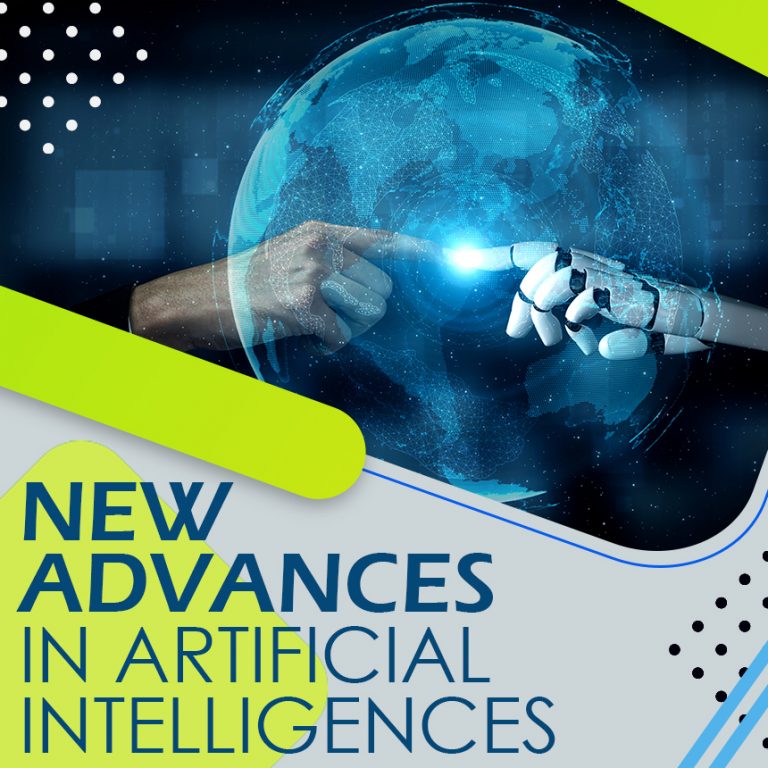
Can Robots outdo humans in the long run? This is a question that has been there since the initial days of computing itself. Yes, it is a fact that machines are getting smarter by the day, but machines being machines only complement humans in making the mundane tasks manageable rather than replace us fully.
AI vs Humans
Robots or artificial intelligence have thus far only been glorified computers that have still not been able to intrude upon the human domain of imagination and creativity. Like how Lady Ada Lovelace, the author of the world’s first computing program declared in 1843 “This machine has no pretensions whatever to originate anything. It can follow analysis, but it has no power of anticipating any analytical relations or truths”.
This machine has no pretensions whatever to originate anything. It can follow analysis, but it has no power of anticipating any analytical relations or truths”. – Lady Ada Lovelace in 1843
This very thought was later bought back by cybernetics pioneer Norbert Winer. When his MIT colleagues Marvin Minsky and John McCarthy were pursuing the quest of creating artificial intelligence to exceed humans in every respect, Winer exclaimed that “that a more fruitful path was to devise machines that would work well with human minds rather than try to replace them.”
Norbert Winer then declared “The more powerful the computer, the greater the premium that will be placed on connecting it with imaginative, creative, high-level human thinking.”
Debate rages on
Since then, various scientists and researchers came up with the notion that people and machines could work together in collaborative partnerships. Soon a plethora of software visionaries was convinced that humans were to be empowered, not supplanted.
IBMs Research director John Kelly recently said, “ … In the era of cognitive systems, humans and machines will collaborate to produce better results, each bringing their superior skills to the partnership.”
Then there was another group of researchers who were slightly different in their approach. The majority of researchers thought human knowledge could be distilled into the software directly. They emphasized possible logical rules experts followed when performing a task, and laboriously hard-code those into the computers by their hand. IBM’s DeepBlue and Watson are some examples of this thought.
Breakthrough in AI
These machines following the prescribed techniques excelled in solving algorithmic problems most humans find mentally taxing, but proved wholly inadequate when faced with tasks humans do subconsciously. Some others foresaw those limitations early on and tried to get computers to learn how the world works on their own.
With the technological advancements taking a definitive shape in the early 2000s, great progress was made on tasks such as image and speech recognition, the AI’s performance was still far away from humans. In 2012, a breakthrough happened when a scientist realized that the mathematics underlying neural networks was almost identical to that in computer graphics. Matrix multiplications were at the core of both.
Over the past few years, AI-driven models have surpassed humans in tasks as diverse as speech transcription, object detection, and video-gaming. AI had finally unshackled itself from unoriginality and stepped into the realm of intuition and creativity.
AI and future
The world we currently live in has little room for humans and is technologically dominated. With primordial arrangements now crumbling, machines are taking over the entire pipeline. Just visualize the food delivery business to draw parlance. Autonomous delivery robots are flooding the streets and in the foreseeable future, there is no longer any part of the delivery process to which humans could meaningfully contribute.
The role of AI is now engrained into multiple sectors and it is showing its effects. AI is not a peculiarity now, but a norm. The computers and robots with AI are now superior to us in both brute-force calculation as well as in intuitive pattern-matching. These high tech skills are making us humans redundant. We no longer add value to the collaboration.
Robots are taking on our jobs en masse and we are let alone to strive.
Related: Automation is Good for Business


